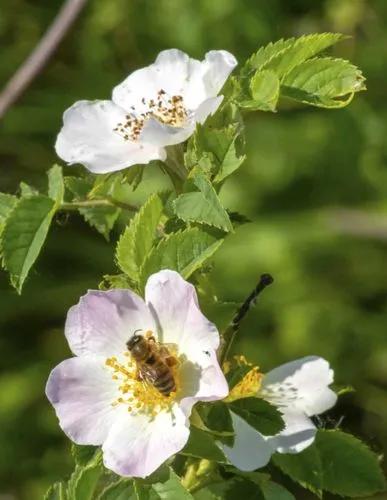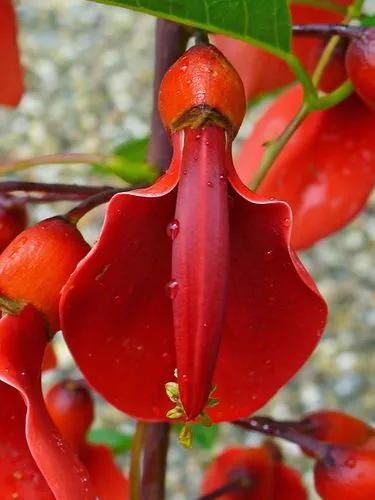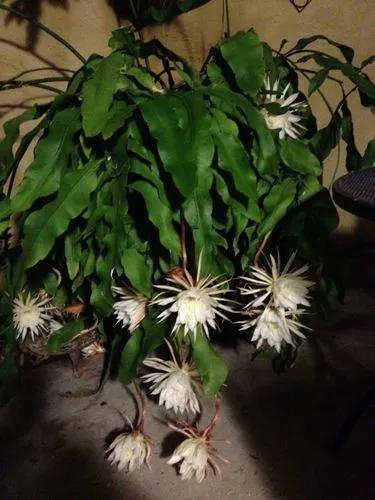The evolvulus is unique in that it comes in one of the most elusive colors in the world of horticulture—a bright and brilliant cobalt blue. It's a tough yet tender perennial in the southern part of the country, but other regions consider it an annual and replace it every year. Evolvulus makes a perfect addition to any garden bed or container; when planted in a sunny spot, this spreading plant will create a sea of ocean-blue flowers atop silvery blue-green foliage.
Evolvulus Care
Evolvulus pilosus



How to Care for the Plant

Water

This plant's drought-tolerant nature means it's an ideal option for neglected areas of your garden, or even in containers that might not receive an abundance of water. It's also perfect for creating a pop of color in hotter, drier sections of your yard.

Fertilizer

It's not a bad idea to apply approximately two pounds of fertilizer per 100 feet of growing space at planting time in order to give your evolvulus flowers a good start. You'll want to be sure to feed the plant on a monthly basis throughout the spring and summer (do not fertilize in fall and winter). Use a general-purpose liquid fertilizer that's applied according to label instructions.

Sunlight

To make the most of your evolvulus plants, you'll want to be sure to plant them in full sun, which will encourage continuous flowering throughout the season. Sunlight will also help these plants maintain their compact shape and pretty silver foliage. If it's planted in too much shade, the evolvulus plant can take on a more sprawling appearance, in addition to blooming less frequently and losing some of its foliage's silvery sheen.

Soil

This is a plan that performs best in well-drained soil, whether it's in the ground or a container. However, one of the quickest ways to kill the evolvulus plant is to get it too wet, so the soil should never be flooded and these plants should not be over-watered.

Temperature

The lowest temperatures that these vibrant plants can grow in are 30 to 40 degrees. They are happiest and flower best in temperatures above 65 degrees, which is why they thrive in the hot summer months.

Popularity

120 people already have this plant 12 people have added this plant to their wishlists
Discover more plants with the list below
Popular articles






